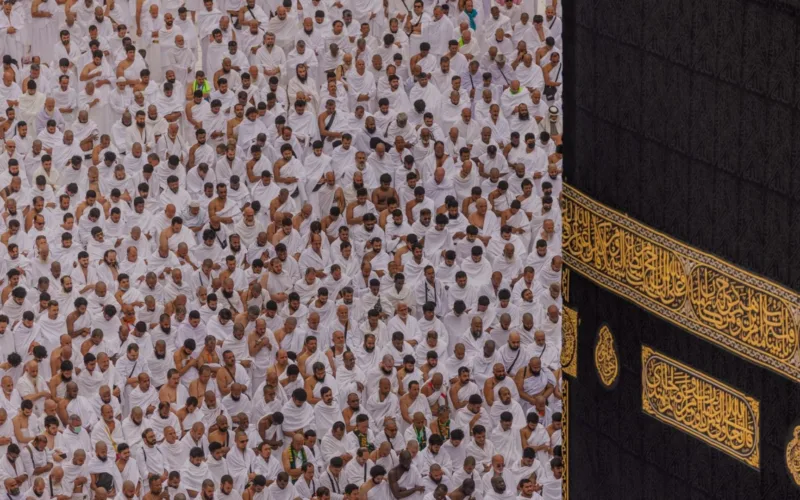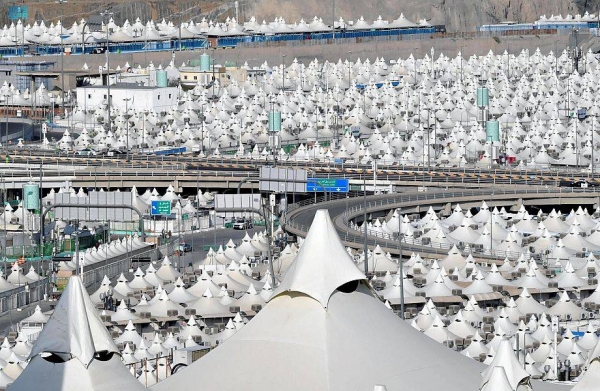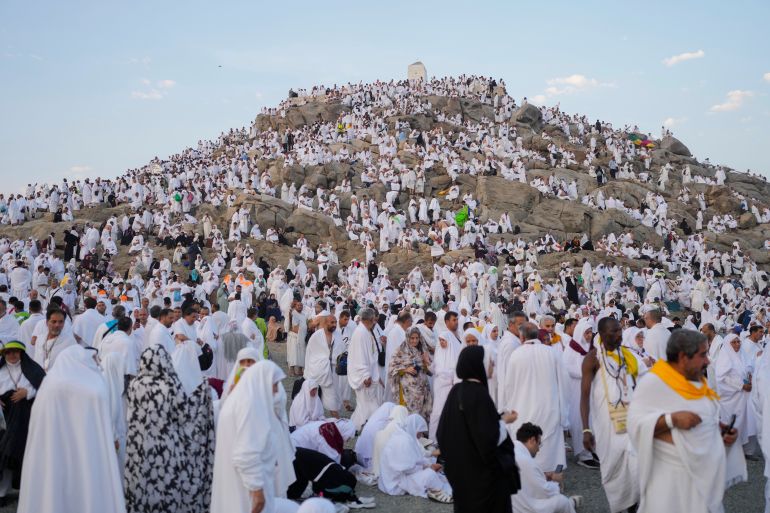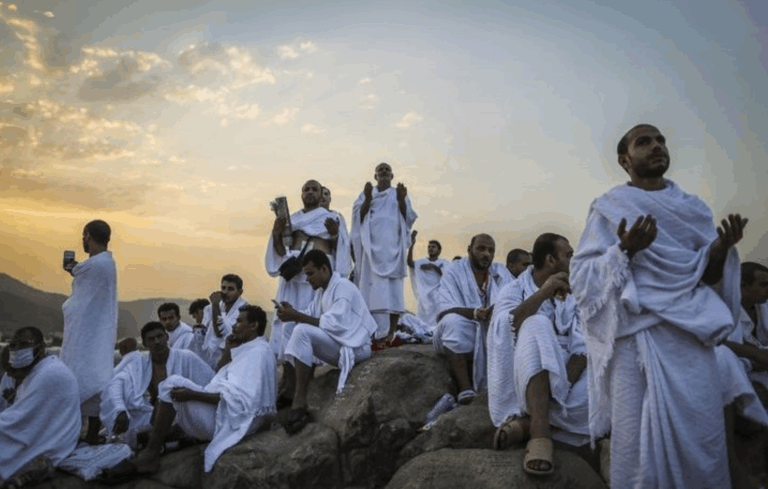As the Islamic month of Dhul-Hijjah begins, Muslims across the globe prepare to embark on an annual, religious pilgrimage known as Hajj. One of the five pillars of Islam, Hajj is a spiritual duty that every Muslim must fulfill in their lifetime. Of course, not all Muslims are able to attend Hajj every year—in fact, Muslims are exempt from the duty of Hajj if they are unable to attend due to physical or financial restrictions. However, attending Hajj does not determine one’s devotion to Islam; there are plenty of ways to prepare and participate in the sacred month of Dhul-Hijjah, regardless of one’s ability to travel.

If you do plan to attend Hajj, take the time to plan your trip accordingly. If it’s your or your family’s first time participating, educate yourself about proper Hajj etiquette. Take the time to read up on the spiritual rituals of Hajj, using reputable sites like Islamic Relief. Most importantly, refer to Surah al-Hajj in the Qur’an, taking note of its clear guidance regarding Hajj practices.
See, every step and breath you take during Hajj is fueled by Allah (SWT), and thus should have a clear and righteous purpose. It is one thing to complete the motions of Hajj, circling the Kaaba and running between Safa and Marwa—it is another to understand the meaning of your steps. As you experience physical hardship, reflect on how these hardships can be translated into your daily life. Observe your own physical and mental resilience, focusing on how to maintain this resilience during Hajj and beyond.

If you are not attending Hajj this year, there are other ways to participate in these sacred days of Dhul-Hijjah. For instance, keep those attending Hajj in your prayers, praying for their safety, fulfillment, and security. Focus on increasing your worship, practicing dhikr and reading daily Qur’an verses. Reflect on your personal Islamic journey and connection with God, creating goals that increase your worship. What’s more, every Muslim deserves a joyful celebration for Eid-al-Adha; by participating in charity, making monetary donations, or assisting in volunteer work, we can help our local and global disadvantaged Muslim communities have a glorious Eid.
As always, be sure to advocate for Muslim spaces in your communities, especially during Muslim holidays like Eid-al-Adha. Your employers, teachers, and administrators should be aware of the significance of religious holidays in order to accommodate accordingly; if they are not, educate them. Providing an Inclusive Employer Guide, like this one created by the University of Toronto, is a great way to briefly educate your employers, teachers, and co-workers about what Eid-al-Adha is, why the date is important for Muslims, and how they can make their Muslim employees and students feel comfortable and accommodated.

So, regardless of whether you attend Hajj or not, the month of Dhul-Hijjah provides valuable religious lessons and spiritual takeaways. While this time of year can be busy and stressful for most Muslims, it’s important not to lose sight of the meaning behind these days. After Hajj, take some time to note down your experiences and the lessons you’ve learned. Reflect on the learning you’ve conducted and how to cultivate a Hajj lifestyle and mindset year-round, improving your devotion to God overall. Approach Dhul-Hijjah with spiritual goodness, an open mind, and the intention to better yourself and your relationship with Islam. Whether you are physically present or not, remember that your heart and mind are always able to embark on a journey of discovery and spirituality.


